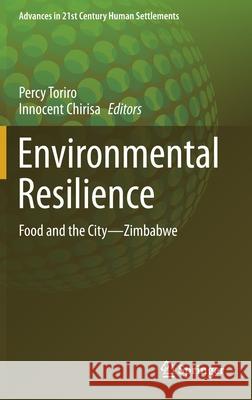Environmental Resilience: Food and the City--Zimbabwe » książka
topmenu
Environmental Resilience: Food and the City--Zimbabwe
ISBN-13: 9789811603044 / Angielski / Twarda / 2021 / 202 str.
Kategorie BISAC:
Wydawca:
Springer
Seria wydawnicza:
Język:
Angielski
ISBN-13:
9789811603044
Rok wydania:
2021
Wydanie:
2021
Numer serii:
000772098
Ilość stron:
202
Waga:
0.47 kg
Wymiary:
23.39 x 15.6 x 1.27
Oprawa:
Twarda
Wolumenów:
01
Dodatkowe informacje:
Wydanie ilustrowane











